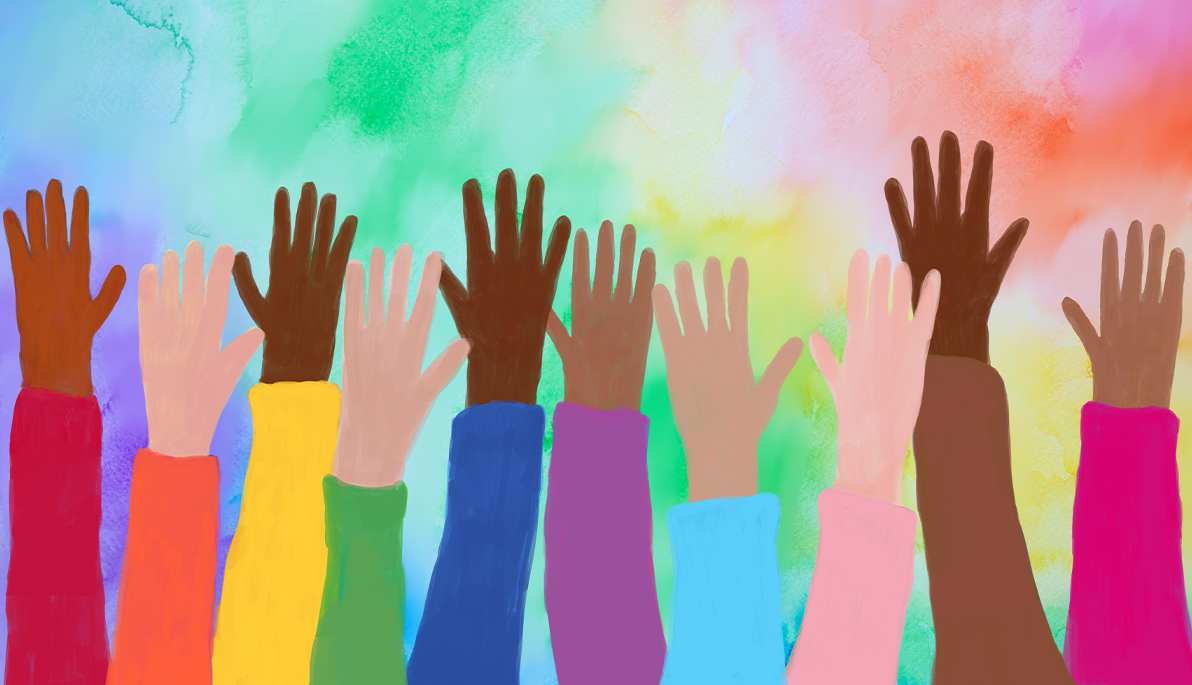
Creating Safer Schools for LGBTQ+ Students
October 6, 2022
October is National Bullying Prevention Month, with National Coming Out Day recognized on October 11. While this day celebrates those who openly identify as LGBTQ+, a recent study finds that nearly 40 percent of LGBTQ+ youth reported living in a community that is unaccepting of them.
In addition, 36 percent reported having been physically threatened or harmed due to their sexual orientation or gender identity, and 45 percent had seriously contemplated suicide.
Teachers and other school employees are on the front line of bullying prevention, so how can they protect the rights of these students?
Daniel Cinotti, Ph.D., associate professor of school counseling, trains PreK-12 school counselors and educators to advocate for these students by identifying and addressing LGBTQ+ bullying within their schools.
“The bullying of LGBTQ+ students can be as simple as addressing students with the incorrect pronouns in the case of transgender students but can also include physical violence, cyberbullying, and exclusion,” says Cinotti. “Educators, parents, and even students can be trained in accordance with state laws, to identify these incidents and proactively step in when they occur.”
A study by the Centers for Disease Control and Prevention (CDC) shows that more U.S. high school students who self-identify as lesbian, gay, or bisexual report being bullied on school property (32 percent) and cyberbullied (26.6 percent) in the past year than their straight peers (17.1 percent and 14.1 percent, respectively).
“These experiences and stigmatization also place LGBTQ+ students at a higher risk of suicide than their non-LGBTQ+ peers,” says Cinotti, who also oversees the university’s mental health counseling master’s program.
Cinotti spent years as a school counselor in New Jersey before getting his doctorate. Now, he trains educators and school counselors on New York State bullying laws, bullying prevention, and educators’ responsibilities. The six-hour workshops are required for educators in the state to receive initial certification and were also featured in a 2019 article that Cinotti authored for The Conversation, in which he addressed state policies against LGBTQ+ bullying.
As a result of leading these training workshops, he’s well aware of the misconceptions people have about LGBTQ+ youth and terminology.
“My advice to all educators who come to my training is to take your cues from your students,” Cinotti told New York Tech News in a 2017 interview. “Whatever terminology that they use, or whatever pronouns they prefer (he, she, they, or something different) is what you should use…You need to be intentional about opening up your knowledge.”
That same year, as several states considered legislation to prevent transgender students from using school restrooms that aligned with their gender identity, Cinotti also lent his expertise to a segment of The Academic Minute that urged schools to “foster a culture of safety and inclusivity.”
More Features

An Alumnus’ Commitment to the Environment
As an energy management graduate from New York Tech’s Vancouver campus, Jasdeep Gulati (M.S. ’22) is highly invested in educating people about environmental and climate sustainability.

Vancouver Faculty Win University-Sponsored Research Awards in New Program
The new Global Impact Research Grant (GIRG) program has been developed to keep Vancouver-based faculty connected to faculty and research projects being conducted on the university’s New York campuses.

Studying Climate Change One Degree at a Time
Junhua Qu (M.S. ’24) began her collegiate journey in Beijing. But, her interest in climate change took her to New York Tech’s Vancouver campus to study energy management.
